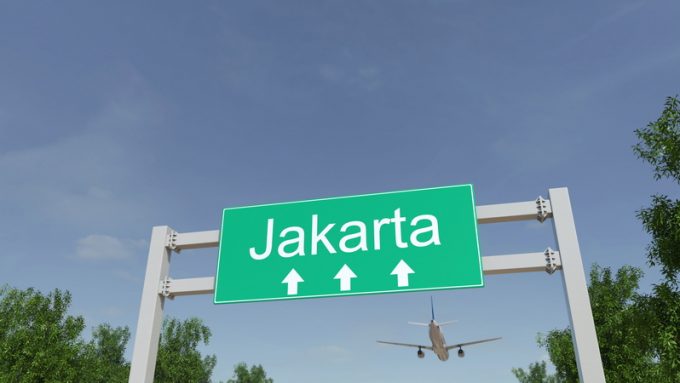Asia-Europe carriers revise FAK rates in fight to rein in revenue erosion
While container spot rates on the transpacific are falling steadily week on week, the decline ...

Indonesia is poised for strong air cargo growth during the second half of 2017.
According to Yigit Saricinar, head of air freight at DB Schenker Indonesia, growth slowed at the start of the year, compared with 2016, after the collapse of Hanjin Shipping caused a big swing to air exports.
“It’s stable now – compared with last year we haven’t seen as much growth. The first half of the year we saw a couple of spikes, especially in March with a peak into the US. But April was very slow, and then it started to pick up at the end of May, and before Ramadan was very busy.
“It’s not substantial growth – there’s been some manageable peaks, but I think the second half of the year we’ll see a big push, and it will be much better than the first,” said Mr Saricinar.
He explained that since Indonesia’s exports are dominated by retail cargo, such as garments for outlets like H&M and UNIQLO, rather than high-end electronics like semi-conductors and smart phones, air cargo demand depends largely on how well ocean freight is performing as it is often the preferred mode for shippers.
“Whenever there is a problem with planning, congestion at the ports and so forth, then air freight gets the benefit,” he added.
Perishables is also a big export product for air cargo carriers out of Indonesia. Live fish is regularly shipped to Europe with frozen tuna and salmon to Japan, China and Hong Kong.
Imports dominate the air cargo trade by an approximate 60:40 ratio, however, and capacity limitations at Jakarta’s sole terminal could hamper potentially significant long-term growth.
“The cargo terminal in Jakarta is built for passengers. You have limited docking stations for the trucks and you only have a few gates,” said Mr Saricinar. “And it’s very common that when the airlines book space based on capacity, they forget that they are all working in one terminal with one ground handler [JAS Airport Services].
“For commercial reasons they prefer JAS, and this can cause congestion problems. They can’t always offload the cargo on time and therefore you might miss your next flight, so it can create a snowballing effect,” he added.
A lack of freighter capacity out of Jakarta can also cause delays for exports, as consignments are competing for space to Europe with other Asian export markets. For example, Mr Saricinar says the Indonesian market is dominated by Middle East carriers Emirates and Qatar Airways, which are also flying cargo from China and Vietnam.
“The main issue with capacity is the rates. We are competing with a market into Europe out of Middle East with the Chinese market, and they pay more.
“So we are generally [at the] second or third level when it comes to getting the capacity out of transit points such as Dubai or Doha. Instead, it goes to Hong Kong or Vietnam or China, meaning getting space for a transit can be a problem,” he explained.
Comment on this article